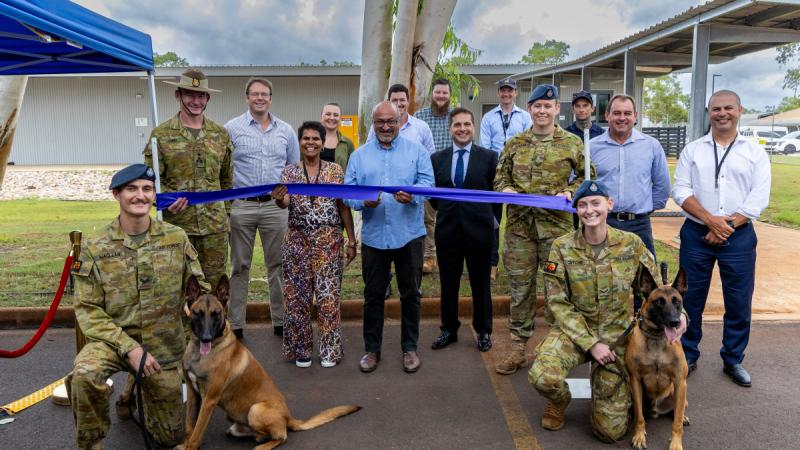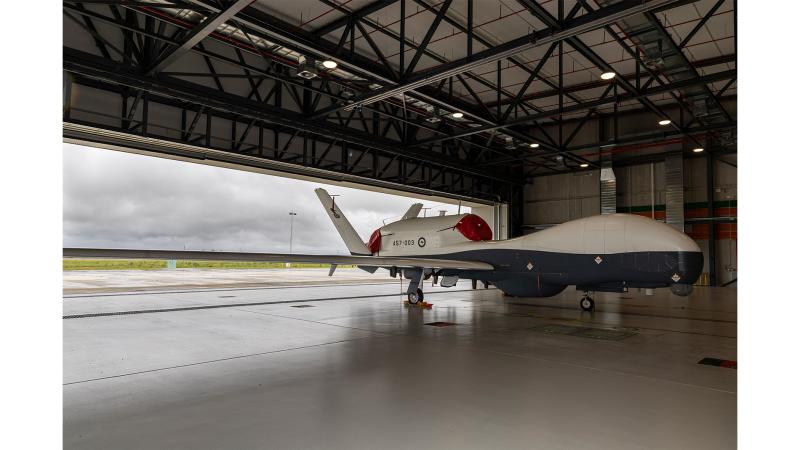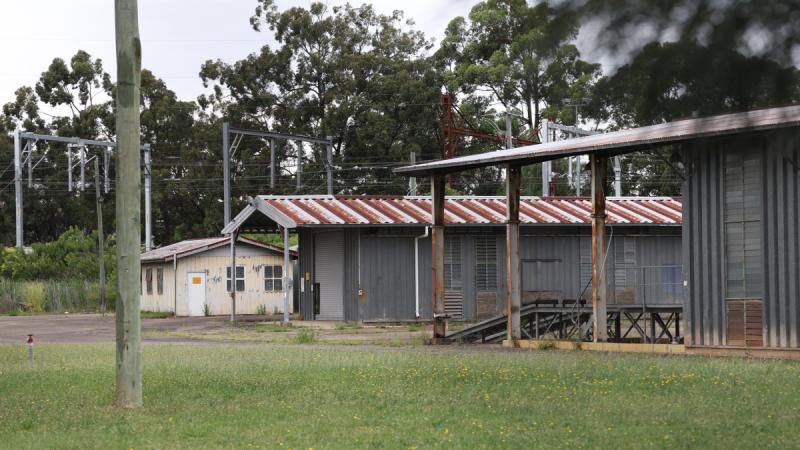20 September 2024
The recent annual ADF Fuel Symposium brought together Defence, industry and other stakeholders engaged in fuel capability and supply chain resilience to share knowledge, updates and to discuss the future of fuel and energy.
Held in Canberra from September 4-5, this year’s theme was ‘Fuel and Energy Resilience’ and included presentations from former Defence minister Robert Hill, the Australian Strategic Policy Institute, industry partners UGL Limited and Viva Energy Australia, as well as Virgin Australia, Hitachi, international allies, partners and many others.
In his last symposium as Commander Joint Logistics, Major General Jason Walk highlighted that fuel was essential for Defence operations.
“Defence, industry, academia, our international partners and others are all equally committed to the security and prosperity of our region, and an assured fuel supply chain,” Major General Walk said.
He also recognised the importance of working with other militaries, and the presence of representatives from the United Kingdom, United States, Canada and New Zealand.
Director General Fuel Services Brigadier Gabrielle Follett spoke about efforts to improve effectiveness and resilience of the Defence fuel capability, especially in the north and north-west of Australia.
This requires not just having enough inventory of fuel, but also sufficient distribution capacity. She also spoke about Defence’s work to accelerate the adoption of renewable energy types, starting with lower-carbon liquid fuels.
“Adapting to renewable energy types carries significant opportunities for Defence preparedness, but we must ensure that the transition is made without compromising military capability,” Brigadier Follett said.
Industry was well represented at the symposium, with a highlight being the address from former Defence minister Mr Hill, who is the current Chair of the Viva Energy Australia Board.
Major General Walk said one of the strongest messages from all presenters was that “we must work together and we must act now”.
“Defence will not succeed alone. We must learn from and work with international allies and industry, from strategic planning, storage, transport, renewables and delivery. Only by working together can we succeed in building a resilient fuel supply chain,” he said.


